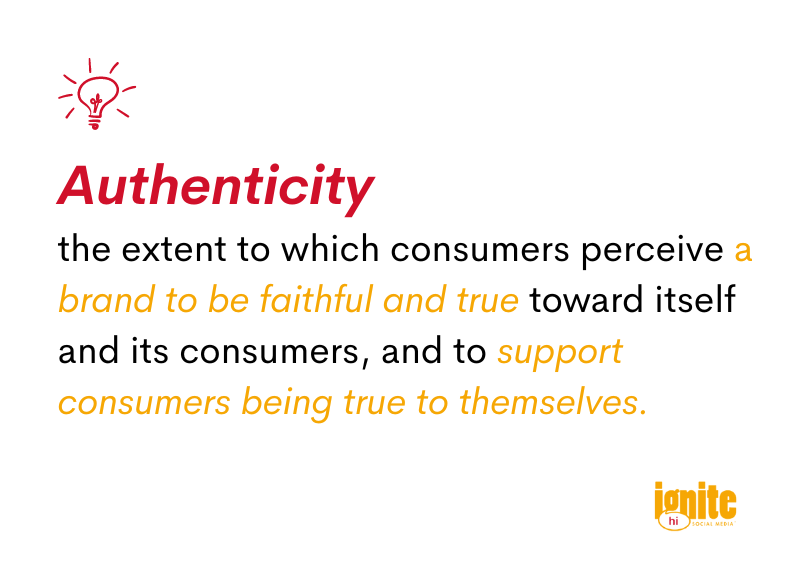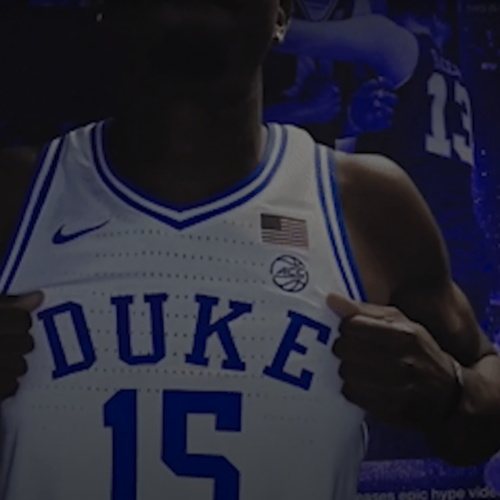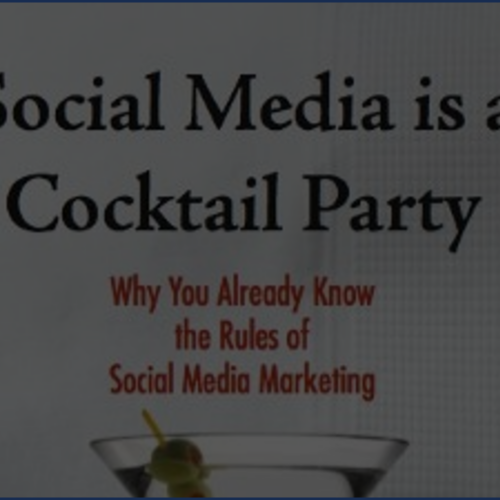
10 Jun Social Holidays: Deciding Which Ones Your Brand Should (and Shouldn’t) Celebrate
One universal constant in life is that people love to party. No matter what it is, people are going to try to find a way to celebrate. With social media, we can celebrate practically every day with an overabundance of fun, obscure, and sometimes downright bizarre holidays. Seriously, there’s even an International Mud Day.
Social holidays are a fun way for your brand to engage with your followers, spread a little cheer, and show some personality. Does this mean you need to celebrate every holiday? Please don’t. In fact, there are some things your brand should absolutely not celebrate on social.
So how do you know the difference between the good, the bad, and the dangerous? Ignite is here to help.
Consider Relevance
When determining which holidays are right or wrong for your brand, consider how they relate and resonate with your brand.
For example, restaurants, food brands, and cookware brands would have an obvious connection with World Chocolate Day. Other brands can establish relevance in unique ways. A travel brand might post about chocolate from around the world. An alcohol brand could show how to create the perfect chocolate martini.
However, if you really need to stretch your creativity to establish the relevance, you may want to ask yourself — is forcing the connection really worth it?
If there isn’t a well-established connection between your brand and the holiday, it can be clutter at best, and disastrous at worst. A clothing brand posting about World Chocolate Day may fall flat and confuse followers. Whereas a pet brand posting about World Chocolate Day without context could cause a serious backlash.
When establishing relevance, do a little research to make sure you know what the day is truly about. While World Oceans Day may sound like a fun holiday to chat with your followers about their beach plans, it’s actually a day created to bring awareness to the impact humans have on our oceans and inspire sustainable solutions for preserving them. Jumping into this conversation without knowing the weight it carries can result in some pretty embarrassing interactions on social.
Determine Value
No matter how relevant a holiday is to your brand, you want to create content with value. The holiday can create a starting point for content creation, but a simple “Happy ____ Day” post isn’t going to earn the quality engagement you’re looking for.
Find ways to use these holidays as thought starters for how you can provide something worth your followers’ time.
Using the previous example for World Chocolate Day, a pet brand may use the holiday as an opportunity to educate its audience on why celebrating World Chocolate Day with their pets is a bad idea, and what treats might be better options. This educational value clearly establishes relevance with the holiday and gets them in the conversation in a way that’s important and unique to their audience.
Establish Authenticity
While it may seem like there’s a party going on celebrating certain social holidays, it may not necessarily be a party your brand was invited to. So how do you know what not to celebrate on social?
One word: authenticity.

As you’ve surely heard by now, performative allyship — being an ally just enough to get positive attention — is a huge problem with brands these days. Believe it or not, adding a rainbow to all of your products for Pride month and creating a Juneteenth-flavored ice cream does very little to provide support for the LGBTQIA+ and Black communities.
Regardless of how supportive you are of diversity, if your brand hasn’t taken actions to positively impact the celebrated group, then jumping into the conversation on social is inauthentic, performative, and potentially even exploitative.
These “holidays” aren’t really about celebrating for fun; they’re recognizing the extreme hardships that specific communities have faced and continue to face and celebrating the obstacles they’ve overcome so far.
So, unless your brand has true connections to these communities all year long, you should sit these holidays out and post as normal. A good rule would be how hard you have to think about the relevance: if it’s not immediately obvious, it’s probably not relevant to your brand. If you really want to be a part of these celebrations, your brand needs to become a part of the conversation in an authentic way.
Final Thoughts
If you want to join a social holiday celebration and avoid a social disaster for your brand, consider the following:
- Relevance: Consider the holiday’s relativity to your brand. Do your research to make sure you know what the holiday is truly about.
- Value: Determine if your post about this holiday offers any real value to your followers.
- Authenticity: Make sure your brand authentically belongs in this conversation as a member or ally of the celebrated group.
If you can’t connect your brand to these points, it’s a good idea to wait until the next holiday. Don’t worry, there’s PLENTY.
There you have it! A quick, easy guide to deciding which social holidays your brand should jump into and which to avoid. Social holidays can be a great way to have fun with your audience and provide value, as long as you do it right.
Want more tips on the right way to approach social for your brand? Get in touch with us today!






